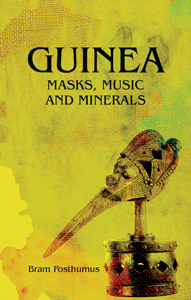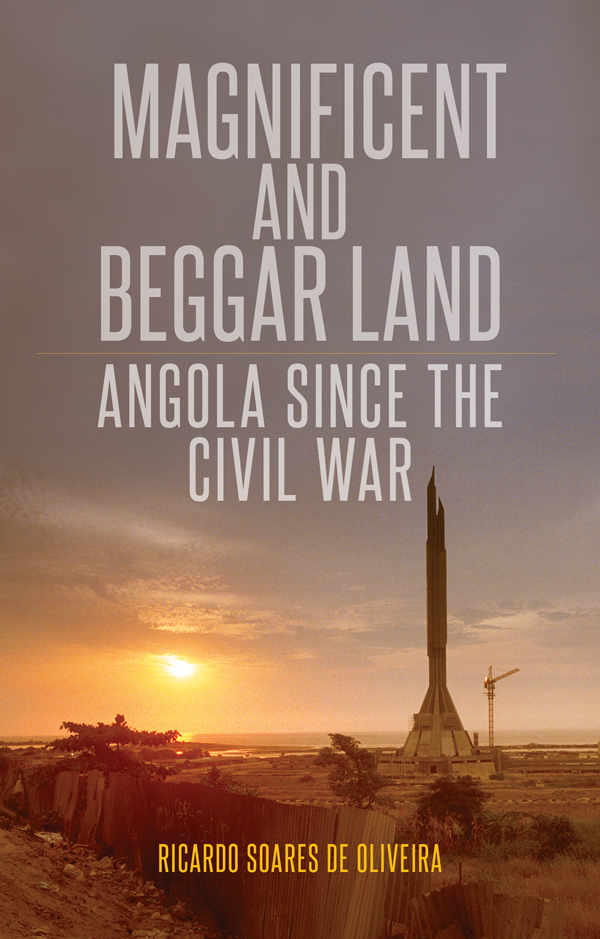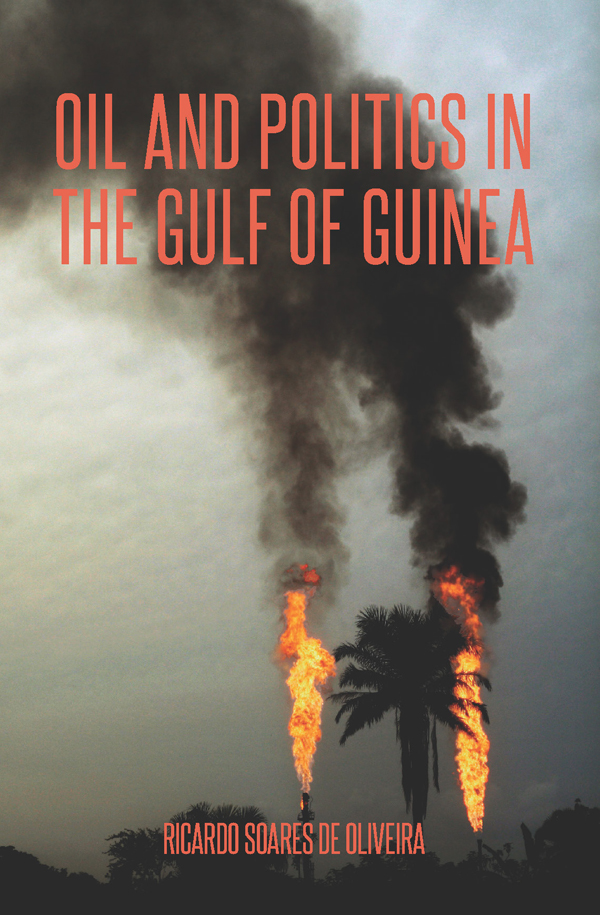Guinea
Masks, Music and Minerals
An affectionately written portrait of the mineral-rich but little known West African state that voted for independence from France in 1958
Description
Guinea is rich, both materially and culturally, with the world’s largest bauxite reserves, gold, diamonds and iron ore. It abounds in culture and traditions and has a remarkable, if often turbulent, history. Guinea is also exceptional in that it was the first French colony proudly to declare its independence, in 1958. Thereafter, the country suffered under the tyranny of Sekou Toure. Today, headed for the first time by an elected president, Guineans are trying to put their troubled past behind them and fulfill the promise of a decent life for all.
It will not be easy. Tens of thousands perished in the years of chaos and even more human potential continues to go to waste. Guinea is the classic paradox: there are vast mineral reserves, its peoples are resourceful and the earning potential of agriculture and tourism is evident. And yet, most citizens are desperately poor and lack even the most basic services. Governance lies at the heart of this problem.
Posthumus touches on all these themes, while taking the reader to all corners of Guinea, which is captivating and exasperating in equal measure. He also highlights Guinea’s remarkable cultural accomplishments, most notably its globally renowned music.
Reviews
‘Posthumus’ absorbing Guinea: Masks, music and minerals … is an edifying book for anyone wanting to explore the interplay between geopolitics, economics, and culture in this beautiful but beleaguered nation’ — The Times Literary Supplement
‘Guinea is of global strategic importance but little understood. We have long waited for a well-written and insightful book on modern Guinea and Bram Posthumus has produced one, charting Guinea’s turbulent history from independence till today. A must read for investors, diplomats and academics.’ — Dr Alex Vines OBE, Head of Africa Programme at Chatham House and Senior Lecturer at Coventry University
‘Guinea is an extraordinary country. At Independence it radically broke away from France. It later turned into a “people’s revolutionary republic”; shunned by most of the world. In 2014 it suddenly made headlines during the Ebola outbreak. But there is so much more to know about this intriguing African country. Bram Posthumus does so with insight, humour, and love.’ — Ton Dietz, Director of the African Studies Centre, Leiden
‘Bram Posthumus never bothers with the tired clichés and stereotypes of African victimhood. He — rightly — finds such projections insulting as well as silly and wrong, not to mention boring. After all, the African continent knows abundance as well as hunger, breathtaking humour as well as dictatorship, deeply moving poetry and music as well as the chilling songs of soldiers. Africa is not a country: Guinea, with its history of slave trade, story-telling griots, its “Magna Carta”, rebellious kings, and bloody dictators is very much a universe on its own. And yet, Guinea, with the “rectangular street grid so beloved by colonial settlers”, the dysfunctional state where “Ministries” are “Mysteries”, the never ending pillage it endures and the market women who are its economic backbone, is Africa, too. Read this book. The “dark” continent is, after all, only “dark” in the eye of the ignorant and uninformed beholder.‘ — Evelyn Groenink, Investigations editor, ZAM Magazine
‘Brimming with art and music, perched on some of the world’s richest mineral reserves and heir to a vast empire built on trans-Saharan trade, Guinea should be an African powerhouse. What went wrong? This extraordinary work by Bram Posthumus offers plenty of ideas. Posthumus takes you on a compelling road trip from Guinea’s Atlantic shoreline through its mountainous hinterland to the dense tropical forest. En route you will meet heroes and villains as well as many citoyens trying to relaunch their country after half a century of military rule and a bitter decolonisation from France. Read it not just for its wonderful mélange of eye-witness reportage and history but also for the light this West African state throws on the new geo-political and economic forces shaping our world.’ — Patrick Smith, Editor-in-Chief, The Africa Report
‘Posthumus also offers an amusing, trenchant consideration of Guinean music from its glory days to contemporary stars today. This book is extremely valuable for anyone interested in the country.’ — CHOICE, Highly Recommended
Author(s)
Bram Posthumus is a journalist who first visited Guinea in 1995, the beginning of an enduring fascination with the country, its people and its cultures. Based in Dakar, he reports on political, cultural and economic events in West Africa for the Dutch and other European media.


